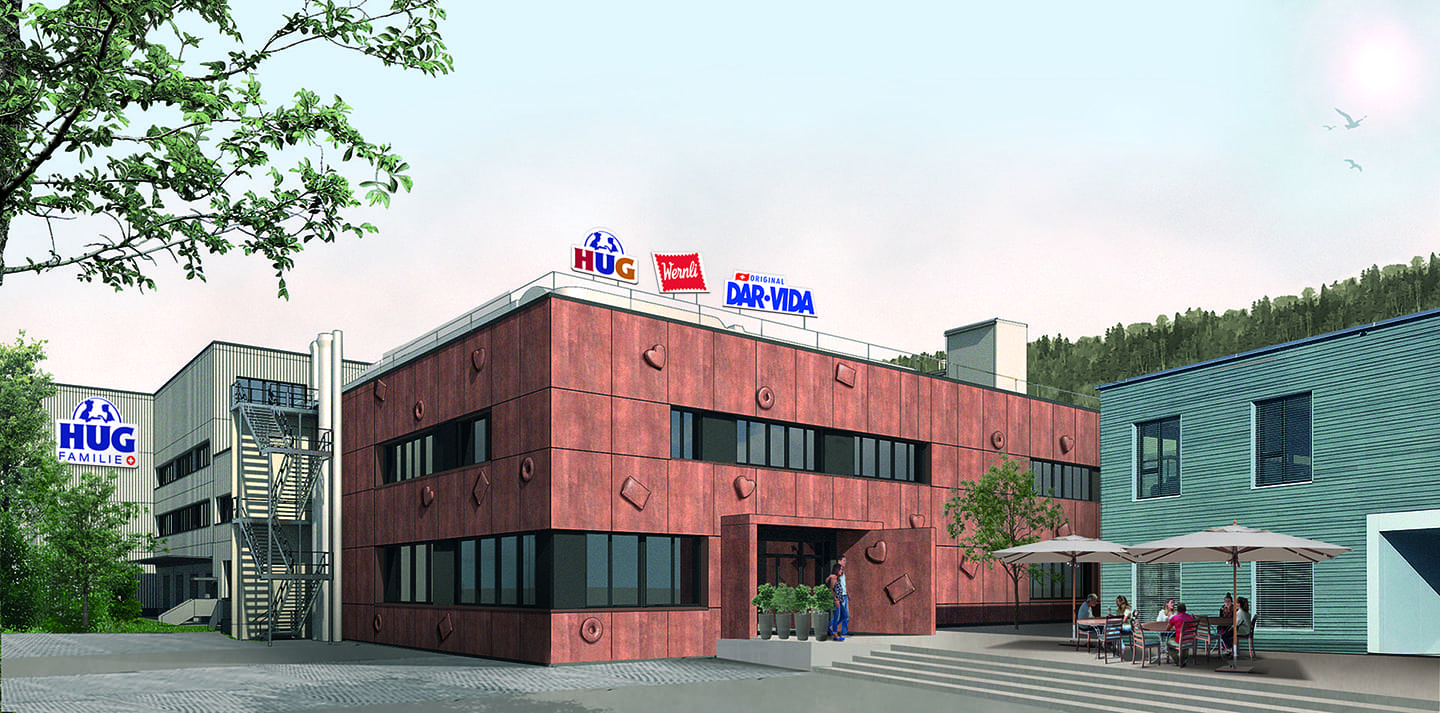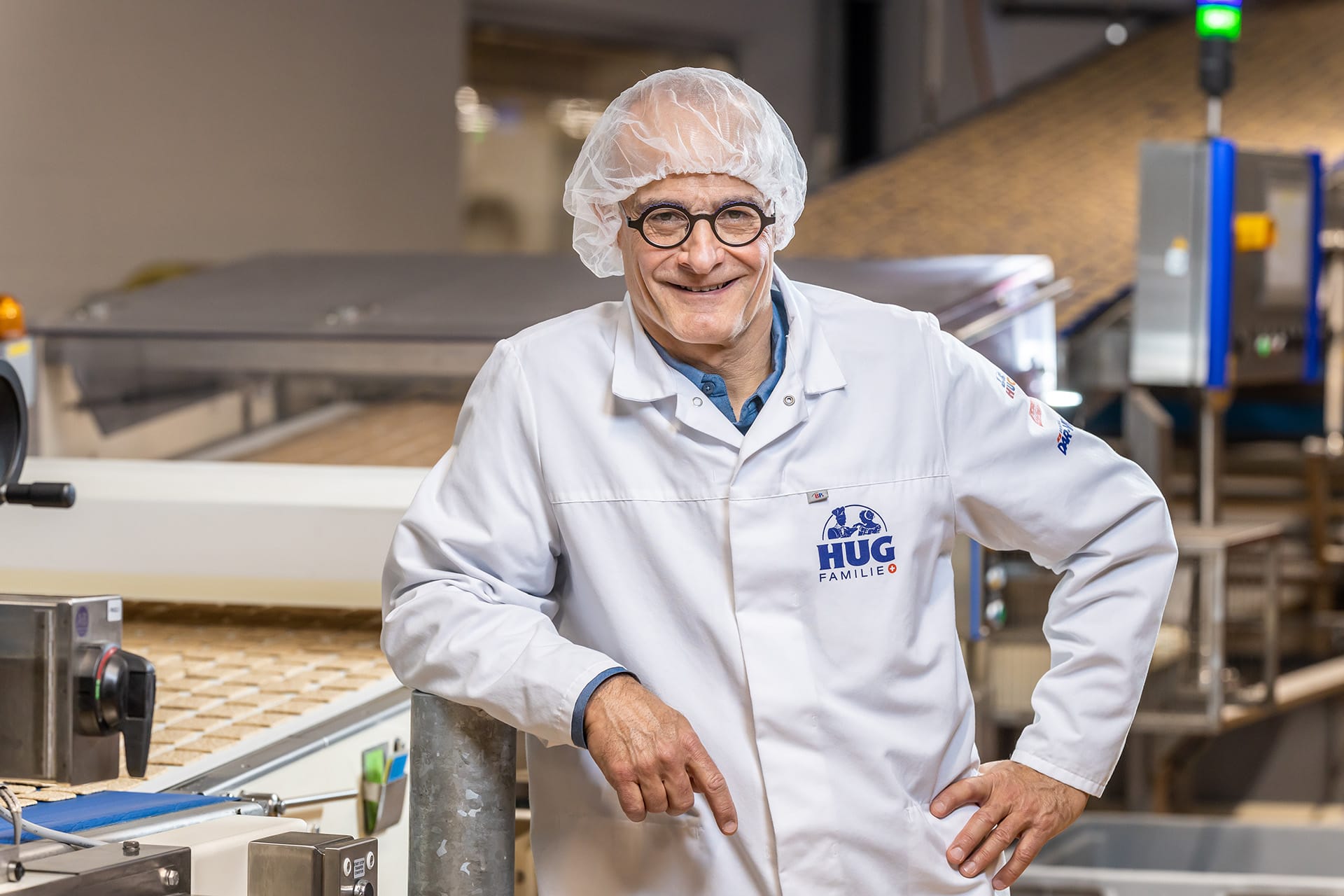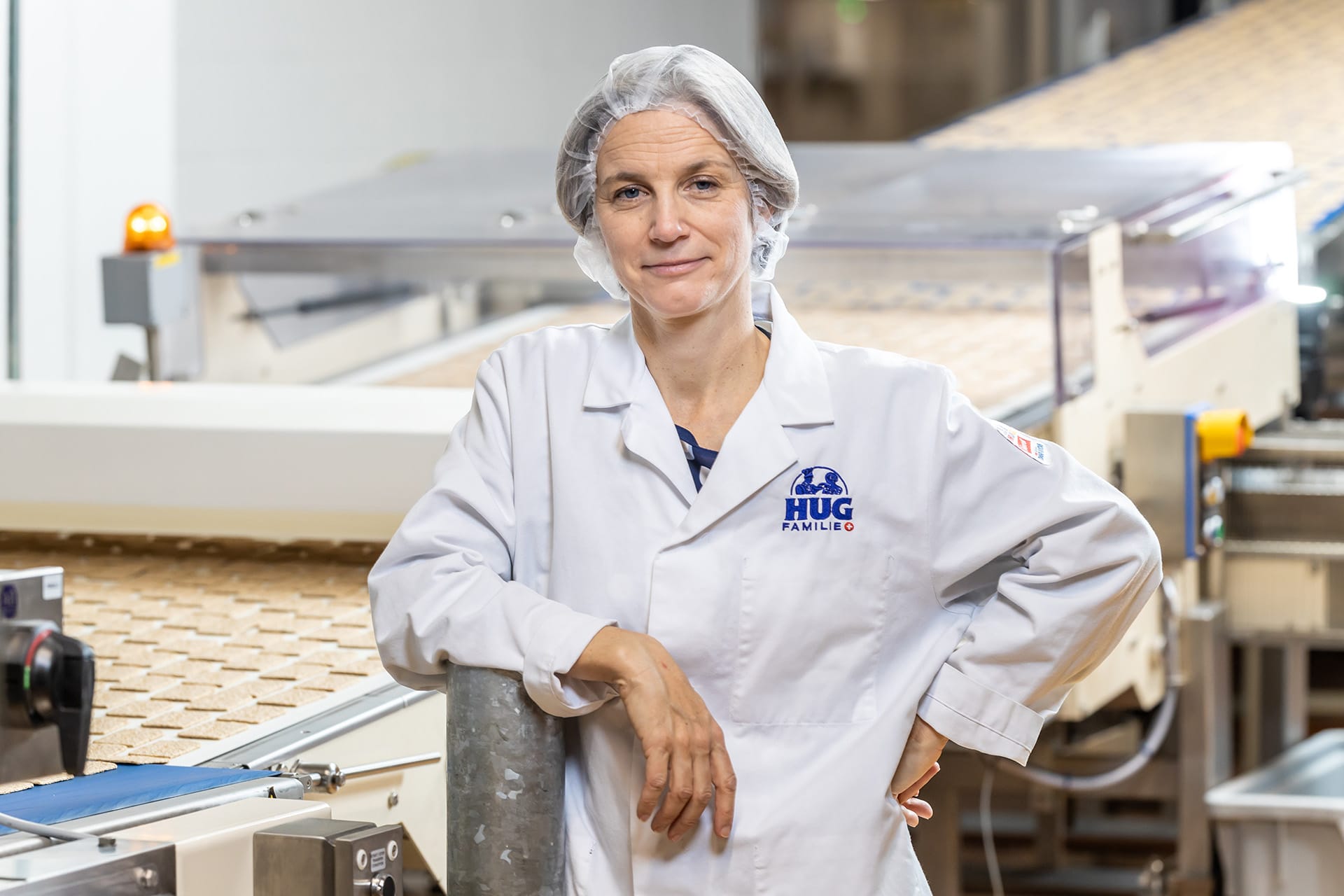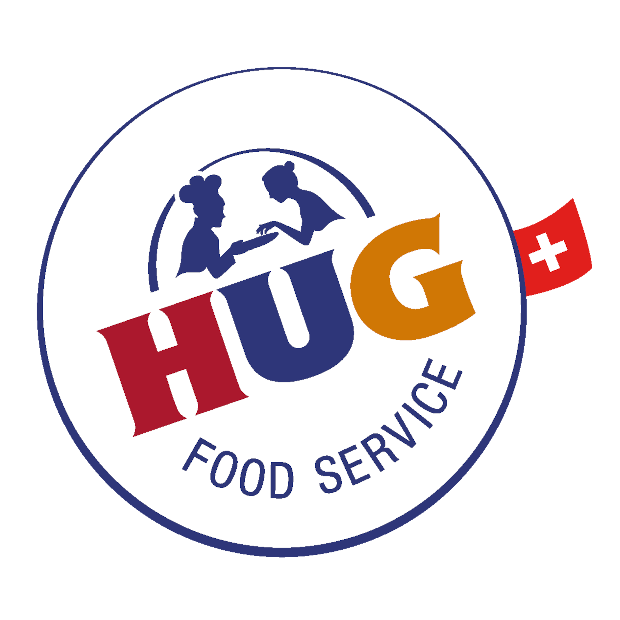Confident about the future thanks to the new backhaus

The Co-Managing Directors of the Malters/Lucerne-based HUG Bakery Group took on major challenges in the Corona crisis of 2020. Nevertheless, the transfer of the Wernli production site from Trimbach to HUG headquarters in Malters is progressing according to plan: the new backhaus is now complete and will significantly reduce the company’s ecological footprint. As a result of the pandemic, the company suffered a 10% drop in sales to CHF 110.9 million in 2020. The food service business was particularly affected, with a decline of about 30%. Thanks to growth in biscuit production, the annual tonnage produced fell by only 4% to 9,326 tonnes.
“The backhaus project and the impact of the Corona pandemic on our turnover were a double challenge in 2020,” says Werner Hug, Chairman of the Board of HUG AG. HUG is investing a total of CHF 80 million until 2023 and is relocating around 150 jobs to Malters in the course of 2021. “We are proud to have reached another milestone in the backhaus project despite a turbulent year and look forward to welcoming a large part of the Wernli team to Malters this year,” says Andreas Hug, Co-Managing Director of HUG AG.
The new backhaus: Economy and ecology hand in hand
The new backhaus enables the integration of the Wernli production site from Trimbach into the HUG headquarters in Malters and leads to considerable synergies in production and logistics. The backhaus project is worth around CHF 60 million and is scheduled for completion in 2023. “The HUG Family is also committed to generating ecological synergies with a resource- efficient, innovative infrastructure,” says Andreas Hug. The new building will contribute to significantly reducing the company’s CO2 and energy footprint per tonne of production. The new energy supply system utilises groundwater as the main source of energy, as well as internally generated waste heat to supply heating and cooling for buildings and production processes. Most of the cooling requirements are fulfilled by the so-called “free cooling”. This means that the groundwater temperature is sufficiently low and suitable for direct cooling.
Sixty percent of heat energy comes from Swiss hydropower, with the remainder coming from propane, whose CO2 emissions are offset. The Malters site will thus operate on a CO2-neutral basis. The ecological footprint of bakery production is also dependent on the raw materials used. The HUG Family is committed to Swissness and thus ensures that most of the raw materials come from Swiss agriculture.
Increased biscuit production
Biscuit consumption in Switzerland rose sharply in 2020. The reason for this encouraging development is a change in consumer behaviour during Corona times, i.e. more home consumption and more holidays in Switzerland. Accordingly, biscuit production increased by 6.5% compared to the previous year. The HUG Family thus consolidated its leading position as a brand manufacturer with HUG, DAR-VIDA and Wernli – the latter in particular was very successful thanks to novelties such as Amandine and the sugar-reduced Choco Petit Beurre Jungle.
Repositioning of the HUG brand
“Naturally good” is the new positioning of the HUG brand. “A production based on natural raw materials is in line with the global consumer trend,” says Anna Hug, Co-Managing Director of HUG AG. HUG biscuits are made without palm oil, with free-range eggs, and nuts and cocoa from certified sustainable sources. In addition, climate-neutral packaging is now being used. In Spring 2021, the brand is launching two new biscuits with spelt flour and natural fruits under the name “crispyPUR”.
Coronavirus slows down food service industry worldwide
Food service –– the HUG Family’s long-standing growth area –– suffered a severe setback as a result of the Corona crisis. Due to the almost complete closure of food industry establishments in Switzerland from March 2020 and the reluctance of consumers to eat out, sales in this country fell by around 20% last year. Only the bakery sector experienced growth thanks to the new Filigrano Tartelettes.
Under normal circumstances, Tartelettes account for more than half of export sales, which however plummeted by 60% in 2020 due to the pandemic. “Supply chains to Asia were disrupted at first. Towards the end of the year, however, sales recovered in Asia, where the effects of the pandemic are hardly noticeable at the moment,” says Anna Hug.
The media release and relevant images can be downloaded from the following address: media.pr.keystone-sda.ch/Projekte/Januar+2021/HUG+Medienfruehstueck








